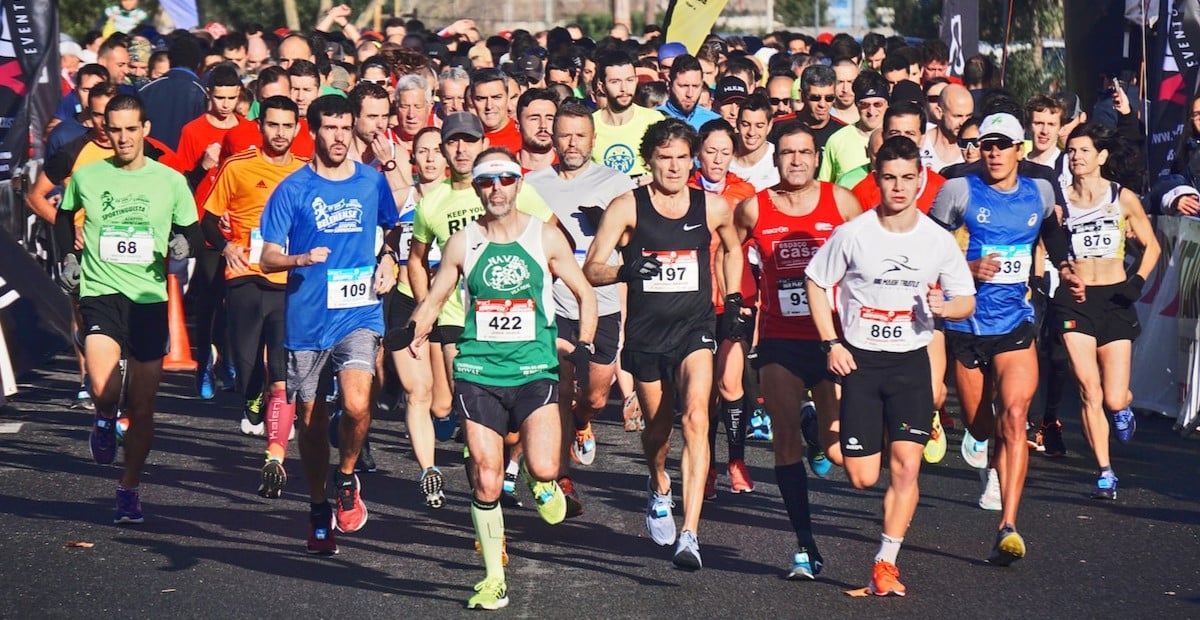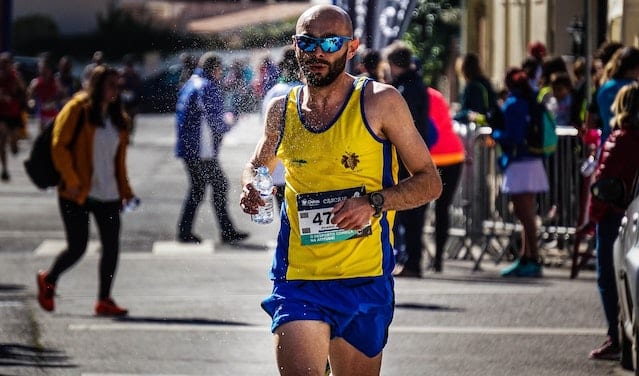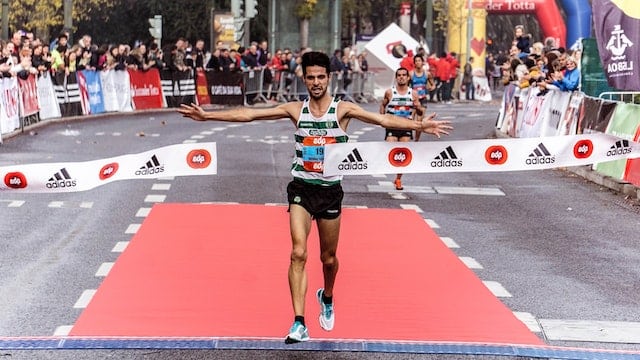
Contents
Marathon training means marathon recovery, so let’s help reduce delayed onset muscle soreness, your post-marathon recovery timeline, and general pain all round
It’s a pretty big task, hence the pretty big title, but marathon recovery doesn’t have to be as gruelling as it sounds. If you want to recover from a marathon, just like anything, you can use the right techniques and consistency paths to make it more than bearable. Blood flow, cross training, sports drinks… there can be a lot that feeds into the healing process of such a big event. It’s my job to help guide you through some of the best tips.
But most runners know a lot, so what exactly am I going to do here?
From sports massages to muscle damage, I could be directing you through quick tips to recover faster, or I could break down one method pretty succinctly. Either way, you can trust that the info in this post will benefit you, I just hope it’s the info that works best.
Let’s see if I can help you now.
Stretching and rolling muscles
An obvious technique that should be employed by most trainers and most exercises, this approach helps to deal with some of the most common exercises going. Naturally, you should stretch and roll more thoroughly the longer you run, so consider this essential for marathon recovery.
Even with a half marathon, you should be stretching to aid recovery with areas like ankle sprains and hamstrings. Simply use a roller foamer in place of a sports massage to help roll out your muscles. Marathon fitness isn’t just about training sessions preparation, it’s about post-run recovery too. Do the right thing and stretch everything that should be stretched…
And your marathon may be achievable non the less.
Drinking fluids
No, I’m not talking about a post-marathon beer, I’m talking about recovery. If you want to reach the finish line, then you’ll have to realise the best ways to achieve this. Hydrating is essential in retaining important minerals and fuels that help with the conversion of intake sources to outputted efficiency. Generally, around 500ml per hour after training is the recommended amount. And that should be water, not sweet drinks, of course.
Oh, and a sidenote here – hydration (and food) are massively important for the immune system, so if you want to stay cold or flu-free, then drink up.
Halfway through…
A marathon distance is considerable, and recovery isn’t just before or after – there are things you can do for active recovery halfway through your marathon to help afterwards. For proper recovery, you need to take on fluids mid-race too. You should be briefly stopping at most aid stations to help replenish glucose and minerals. On-Running puts it, ”Gels, sports drinks, fruit, chocolate – each of these items serves a purpose and should be considered by you during the run”


Conclusion
Get ready for your next training cycle because with this info you know you’ll need it to be a good one. In fact, every session and cycle needs to be the best it can be, and, as always, it starts with learning.
FAQs
Are marathon runners the ‘best’?
They may be the best at running marathons, but the world of running is massive, let alone fitness.